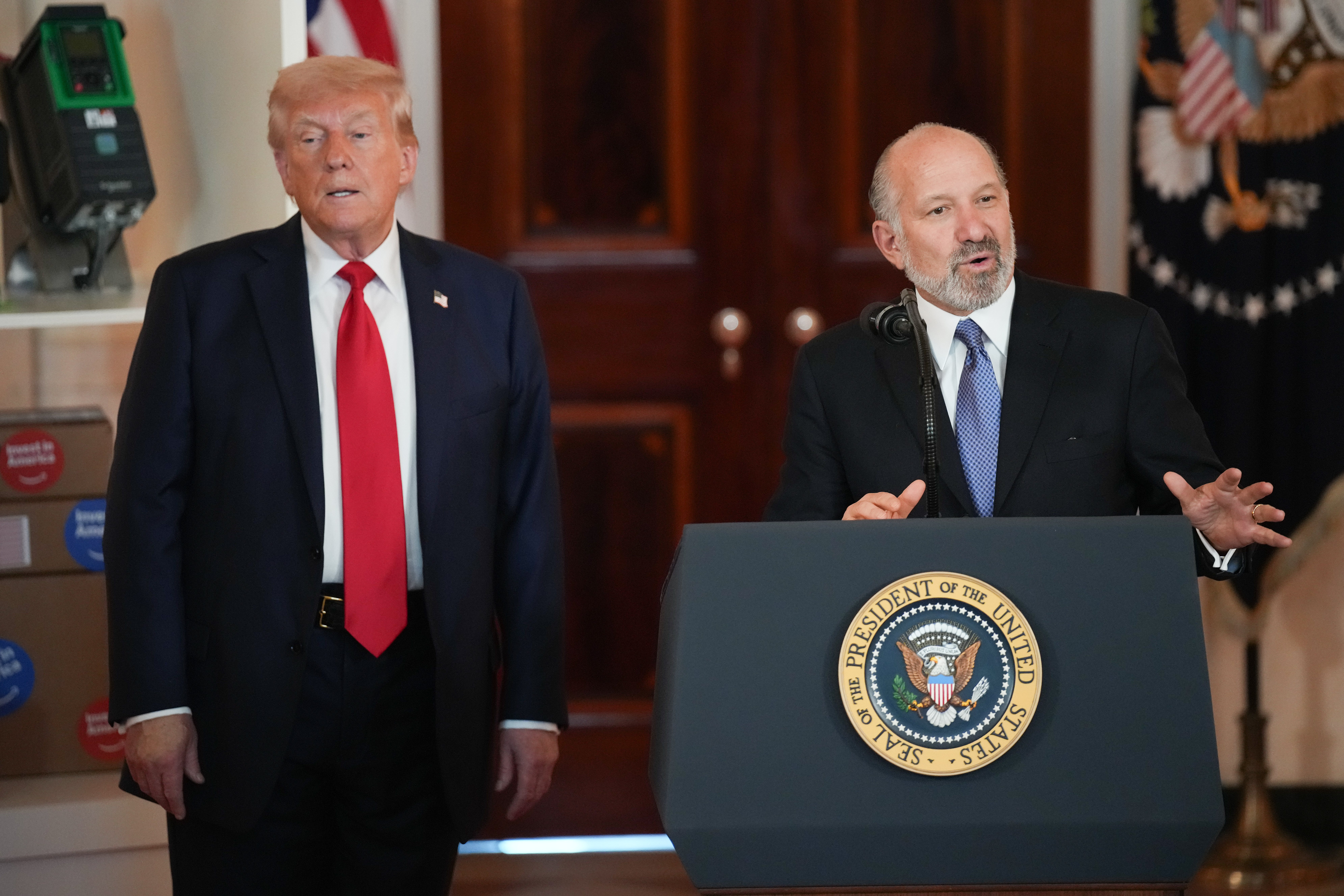More than 70 percent of small and mid-sized businesses have already experienced increased operational costs due to Trump’s tariffs, a new poll has found.
The finding from the HSBC survery, shared with Axios, gathered responses from over 5,700 companies across 13 countries. This included around 1,000 US businesses with international operations and revenues ranging from $50 million to $2 billion.
The survey found that 72 percent of companies are already seeing cost increases from tariffs, with 77 percent expecting further rises by year’s end, Axios reports.
HSBC attributes this to new duties on previously exempt firms and growing competition for low-cost suppliers. Despite the added pressure, businesses continue to focus on growth.
The finding comes as members of the Trump administration say rising prices from tariffs are not happening.
"The president has to stand strong, and you can't fix things in a day, and that's still going, but I would expect that prices in America will be unaffected,” Commerce Secretary Howard Lutnick recently said.
Despite the concern from small businesses, more than 90 percent remain optimistic about international growth over the next two years, the survey found.
"This optimism, and the fact they are really looking to see how creatively they can grow and pivot, is really unique, and this is something unique in the data," Marissa Adams, HSBC's Americas and Europe head of global trade solutions, told Axios.
Many companies are adapting by investing in new technologies, such as AI (64 percent), and considering moving production domestically (44 percent), to match the Trump administration’s goals.
Since taking office in his second term, President Donald Trump has made tariffs a central part of his trade policy, aiming to protect American industries and reduce reliance on foreign goods. In April, Trump introduced a universal 10 percent tariff on all U.S. imports to boost domestic manufacturing and reduce trade deficits.
He also implemented steeper tariffs on specific countries and industries, including a 25 percent duty on steel, aluminum, and cars from all nations.
Tariffs on Chinese goods were raised as high as 145 percent before being scaled back to 30 percent.

Commerce Secretary Howard Lutnick has expressed strong confidence that the U.S. will finalize numerous trade agreements by mid-summer and that the tariffs used to leverage those deals will not lead to increased retail prices.
However, retail executives are warning that price pressures are mounting, with visible effects on various goods likely to appear by late June or early July. Major retailers such as Walmart and Macy's have indicated that they will need to raise prices due to the increased costs of imported goods.
Economists warn that the tariffs could drive up consumer prices and inflation, with some estimates suggesting that the average household might face an additional $2,800 in yearly costs.







